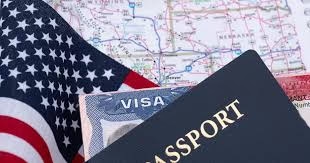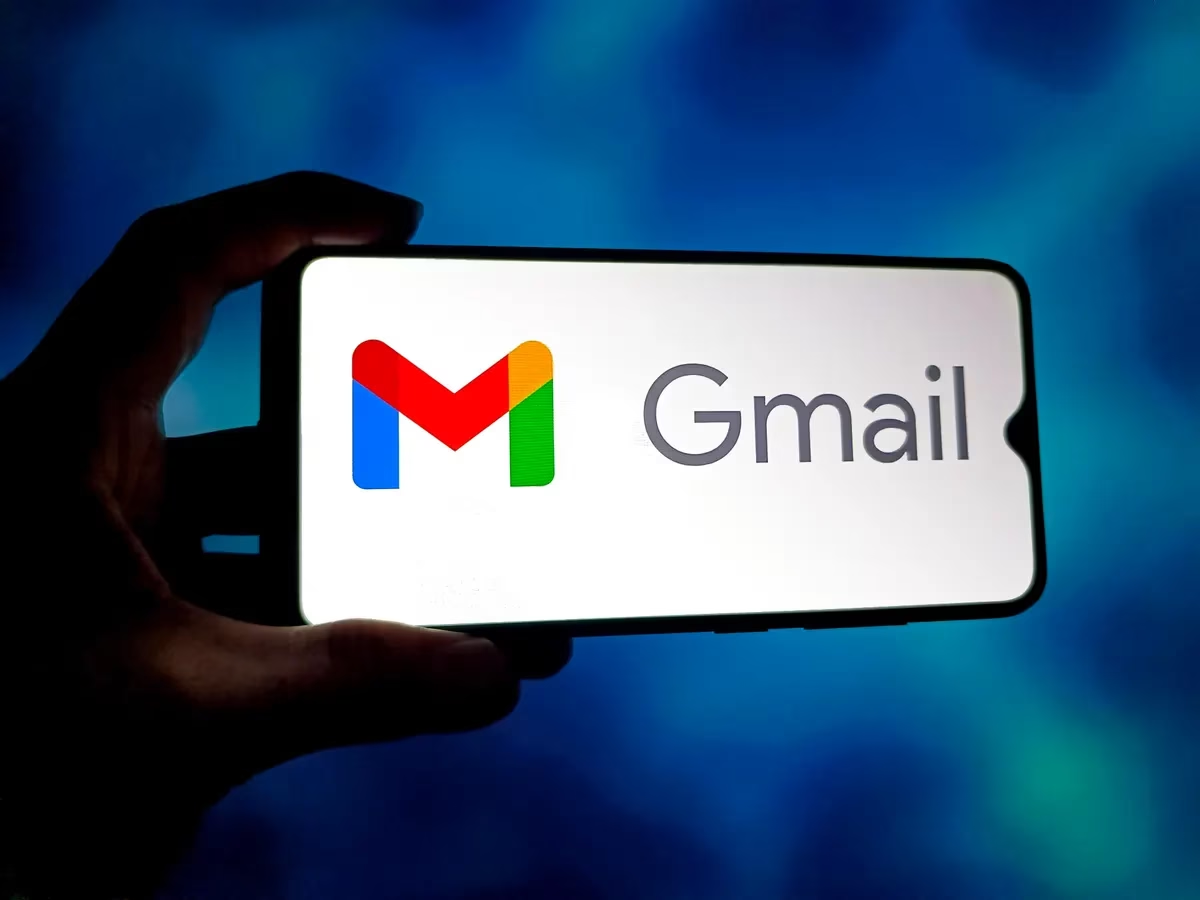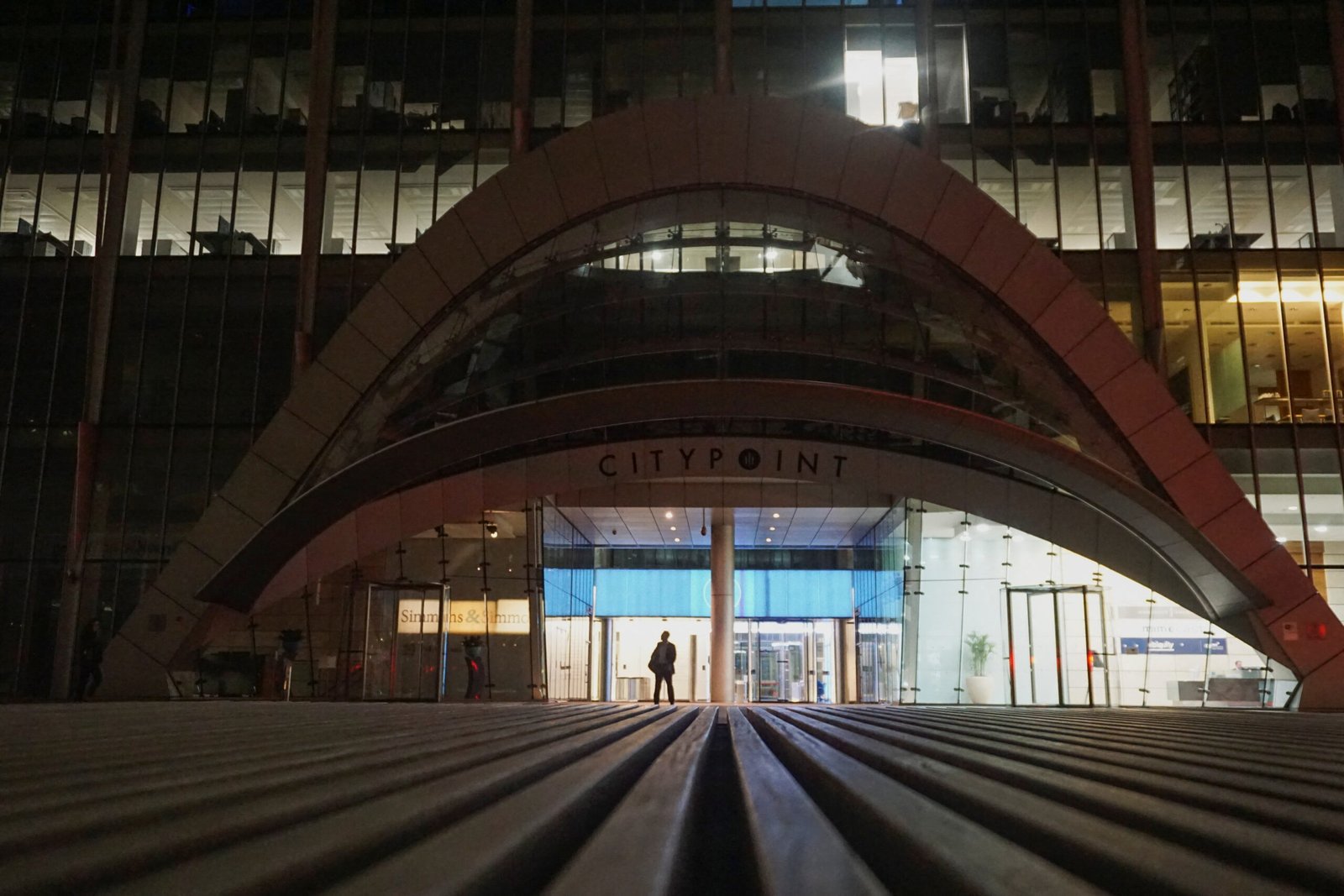U.S. President Donald Trump’s latest crackdown on H-1B visas is expected to accelerate the shift of high-value corporate work to India, boosting the country’s rapidly expanding Global Capability Centres (GCCs), economists and industry leaders say.
India, already home to 1,700 GCCs—over half the global total— has evolved from a back-office hub to a centre of advanced innovation, supporting sectors from luxury car design to pharmaceutical research.
With Trump’s move to hike the cost of new H-1B applications from $2,000–$5,000 to $100,000, U.S. companies are under renewed pressure to rethink their labour strategies. Industry insiders believe this will turbocharge India’s GCC growth, with firms increasingly shifting core work in AI, product development, cybersecurity, analytics, and R&D to in-house centres in India rather than relying on outsourced vendors.
“GCCs are uniquely positioned for this moment. They serve as a ready in-house engine,” said Rohan Lobo, Partner and GCC Industry Leader at Deloitte India. He noted that several U.S. firms are already reassessing workforce needs, particularly those tied to U.S. federal contracts.
Lalit Ahuja, founder and CEO of ANSR, which has helped firms like FedEx, Bristol-Myers Squibb, Target, and Lowe’s set up GCCs in India, said there is now a “sense of urgency” among U.S. corporates. “This whole ‘gold rush’ will only get accelerated,” he remarked.
Industry experts predict that while some companies may consider nearshoring to Mexico, Colombia, or Canada, India remains the primary destination given its scale, talent pool, and cost advantage.
Even before Trump’s visa fee hike, India was projected to host 2,200 GCCs by 2030, with the sector’s market size nearing $100 billion.
However, some analysts are cautious. If the proposed HIRE Act—which would impose a 25% tax on U.S. firms outsourcing overseas— is enacted, it could disrupt India’s services exports and dilute its lower-cost edge.
“For now, we are observing and being ready for outcomes,” said the India head of a U.S. pharmaceutical company’s GCC.
Despite such risks, many economists believe India’s $283-billion IT industry, which already contributes nearly 8% of GDP, could see a net gain. According to Nomura analysts, “Lost revenues from H-1B visa–reliant businesses could be offset by higher services exports through GCCs, as U.S. firms look to bypass immigration restrictions.”
With tech giants including Amazon, Microsoft, Apple, Alphabet, JPMorgan Chase, and Walmart already heavily invested in India, the latest U.S. policy shifts may further entrench the country as the global hub for strategic corporate innovation.



